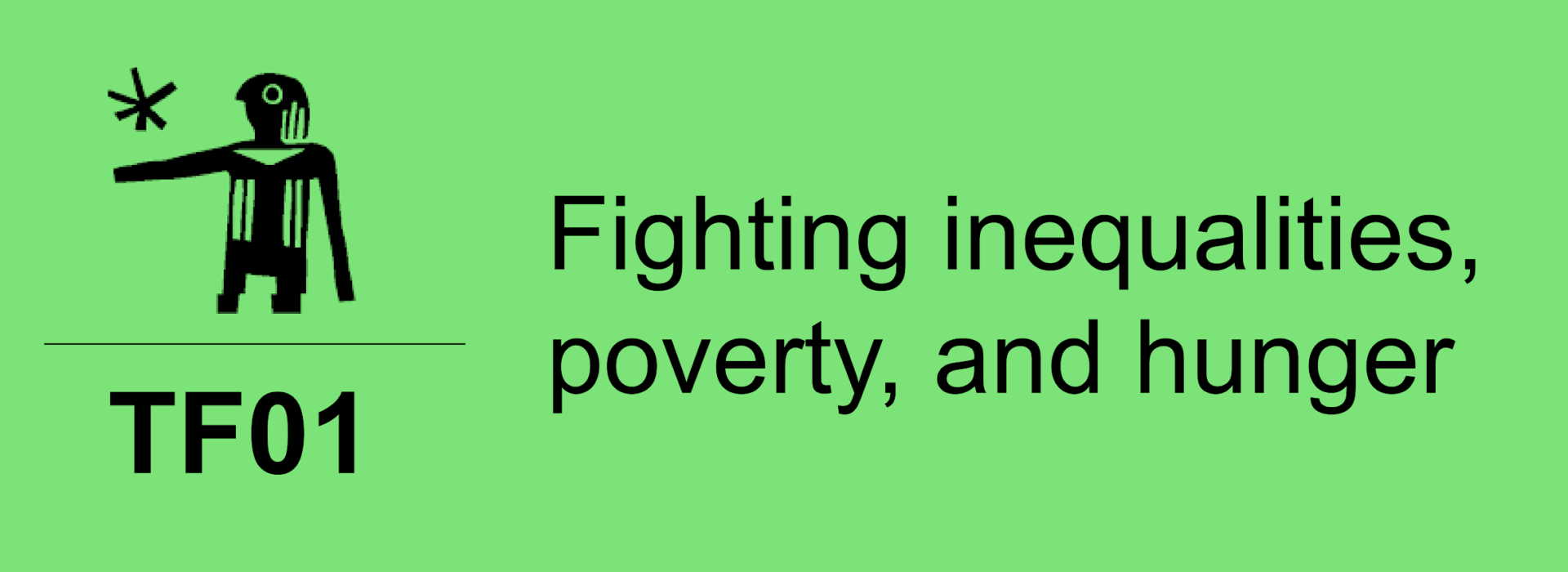Global consensus and research recognise high-quality early childhood development, education, and care (ECD/ECEC) systems as essential for achieving productive societies and sustainable development, reducing poverty and unrest, overcoming inequality, and improving lifelong health, well-being, and educational attainment.
While countries in all global regions have made progress towards officially adopting public ECD/ECEC policies, they are at risk of being undone in a global economy under pressure from mounting geo-political tensions and still recovering from the COVID-19 pandemic. For developing economies, the World Bank identifies ‘the tightest financial conditions in decades.’
Young children are most affected by mutually reinforcing crises (poverty, pandemics, climate change, forced migration, wars) and the imminent failure to achieve the 2030 SDGs.
In 2023, the G20 Leaders’ Declaration reiterated the importance of ensuring ‘equal access to affordable, inclusive, equitable, safe and quality education’ beginning from early childhood. To achieve the ambitious goals set by the Brazilian Presidency, it is urgent to rethink the world in the unique multilateral forum provided by G20.
This Policy Brief argues that renewed commitment to ECD/ECEC by G20 is crucial for achieving the SDGs, and outlines how G20 can assume leadership in revitalising ECD/ECEC in a global discourse. It focuses on urgent, high-priority tasks:
- Finance for ECD/ECEC in challenging economic conditions
- Equitable, multisectoral ECD/ECEC policies
- Integrated ECD/ECEC systems that support nutrition, health, well-being, safety, and education within strong ethical and legal frameworks.
This brief builds on the Tashkent Declaration, Abidjan Principles, and previous T20 policy briefs, establishing ECD/ECEC as a shared responsibility and global common good.









